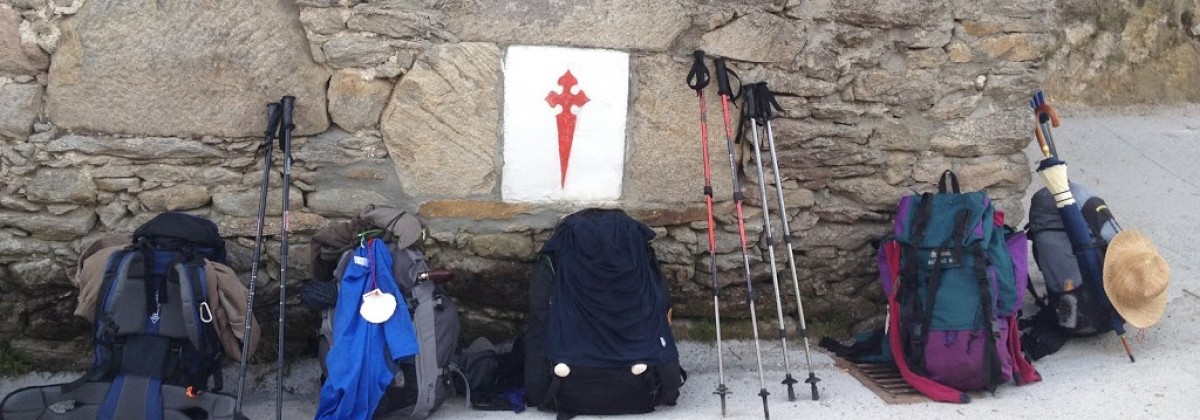and we shall, apparently, enter a phase of adventures about climbing tall things. next installment: the Bunker Hill Monument in Boston. two years ago, when my friends Kelly & Corey got married in Laconia, NH, I set aside an extra day to visit my friend Brianna in Boston. why fly across the continent to only spend three days, neck deep in wedding insanity? as a history buff, how many better cities are there in the U.S. to see so much about the foundation of our nation? to get that fantastic and weighty sense of history that I’d felt so lacking in California?
one of the few things that I remember well from our family trip to New England well over a decade ago was walking the Freedom Trail. not enjoying it, mind, since I was all of ten and what ten-year-old enjoys a such long walk with such an educational bent? and yet, I must have thought well enough of it on some level that, when planning my day in Boston, I rather enjoyed the prospect of walking the Freedom Trail.
though not officially the last stop on the tour (probably due to the fact that there’s a museum at the USS Constitution), the climb to the top of the Bunker Hill Monument was my last exertion on the walk. the monument is actually located atop Breed’s Hill, where the Battle took place. (there was confusion eve at the time of the Battle as to the name of the location. despite calling for fortifications on Bunker Hill, they were built on Breed’s Hill, perhaps due to slightly closer proximity to Boston.) the Battle took place on June 17, 1775 and, though technically a British victory, proved a “Decisive Day” for the colonists, according to Abigail Adams. the 1,200 militiamen defending the earthen redoubt on Breed’s Hill managed to repulse two attacks by the British and were eventually overcome in large part due to the limited supply of ammunition (leading to the popular phrase about shooting and whites of eyes). of the 2,200 British that attacked the hill, over 1,000 were counted as casualties (mostly wounded, but about 240 killed), including a quarter of the total number of officers that the British lost in the entire war. the militia, by comparison, suffered between 400 and 600 casualties.
the first monument on the hill was erected in 1794, in honor of Dr. Joseph Warren, and work on the current structure began in 1825. the monument was completed in 1842 and dedicated in a speech by Daniel Webster in 1843.
 there is a fantastic view of Boston from the top of the 221 foot granite obelisk. and, after walking and exploring along some four miles from the Boston Common and then booking it up the 294 stairs to the top of the monument, I took my time enjoying the view. (incidentally, it is also 294 steps to the top of the Arc de Triomphe, though I don’t remember that climb feeling quite so long … I’ll bet it’s something to do with the hours-long summertime walk that preceded Bunker Hill.)
there is a fantastic view of Boston from the top of the 221 foot granite obelisk. and, after walking and exploring along some four miles from the Boston Common and then booking it up the 294 stairs to the top of the monument, I took my time enjoying the view. (incidentally, it is also 294 steps to the top of the Arc de Triomphe, though I don’t remember that climb feeling quite so long … I’ll bet it’s something to do with the hours-long summertime walk that preceded Bunker Hill.)
from the Freedom Trail tour site, the National Parks Service site, and from Wikipedia








